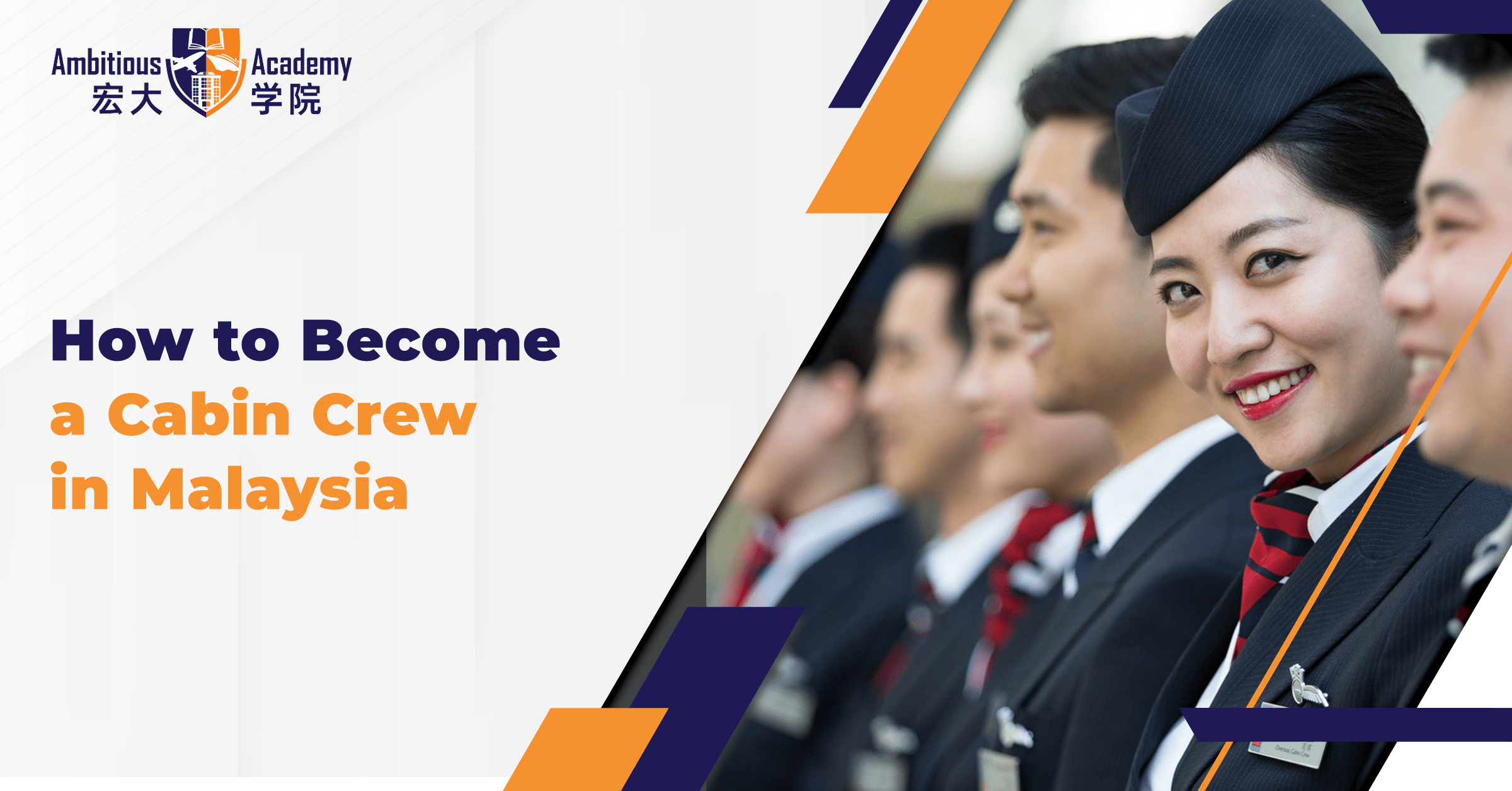Cooking is both an art and a science, requiring not just skill, creativity, and dedication, but also a deep understanding of ingredients, techniques, and the chemistry behind flavors. It is a craft that evolves with practice, patience, and a willingness to experiment, making the journey of mastering it both exciting and rewarding. For those passionate about food, the path to becoming a great cook or even a professional chef can take multiple directions. Some choose a formal culinary course, while others prefer self-taught methods. But which approach is right for you? Let’s explore both options to help you decide.
The Benefits of a Culinary Arts Course
Enrolling in a professional training program or academy of pastry arts in Malaysia offers structured learning, hands-on experience, and networking opportunities. Here are the key benefits:
1. Comprehensive Learning
A culinary arts course covers everything from basic knife skills to advanced cooking techniques. You’ll learn about kitchen operations and management, food safety, menu planning, and plating presentations. Additionally, you can explore different cuisines such as Thai, Chinese, Italian, Japanese, and French to expand your culinary skills. The most interesting one is the Chinese food course, as Chinese cuisine features a rich variety of traditional cooking techniques. This structured approach ensures you develop a solid foundation in cooking.
2. Professional Guidance
Being trained by experienced chefs allows you to learn industry secrets, refine your techniques, and receive constructive feedback. Having direct access to culinary professionals can fast-track your skills and correct mistakes that might take years to fix on your own.
3. Industry Exposure
Many culinary programs include internships, apprenticeships, or placements in restaurants. This real-world experience helps you understand the dynamics of working in a professional kitchen and prepares you for the pressures of the culinary world.
4. Networking Opportunities
Being part of a culinary academy connects you with chefs, food business owners, and fellow students who may become future colleagues or business partners. These relationships can open doors to job opportunities and collaborations.
5. Certifications and Career Advancement
A formal qualification from a reputable culinary academy adds credibility to your resume. Many employers prefer candidates with professional training, making it easier to secure jobs in fine dining establishments, hotels, or even start your own food business. With the right skills and certification, career opportunities in culinary arts become more accessible, opening doors to a rewarding and dynamic profession.
The Self-Taught Cooking Approach
On the other hand, many successful chefs and home cooks have mastered their craft without attending culinary academy. Here’s why some people prefer the self-taught route:
1. Flexibility and Freedom
Self-taught cooking allows you to learn at your own pace and explore cuisines that interest you. You don’t need to follow a fixed schedule from an academy, giving you the creative freedom to experiment and innovate in the kitchen.
2. Cost-Effective
Learning on your own through online courses, cookbooks, and practice can save a significant amount of money. You can make use of the cooking tools you already have at home, without the need to purchase specialized equipment required by an academy.
3. Resource Availability
With the internet at your fingertips, you can learn about culinary arts from YouTube tutorials, food blogs, virtual masterclasses, and even social media. Many world-renowned chefs share their techniques online, allowing self-taught cooks to access valuable knowledge for free.
4. Developing Your Unique Style
Without the influence of a structured program, self-taught cooks often develop their own signature techniques and unique cooking styles. Cooking on your own allows endless experimentation, enabling you to create new dishes that reflect your personal creativity and taste.
Which Path Should You Choose?
Deciding between a culinary arts course and self-taught cooking depends on your goals, learning style, and resources. Here are a few key considerations:
- Do you want to work in fine dining or as a professional chef? A culinary degree may be beneficial for landing jobs in high-end restaurants or hotels.
- Do you prefer structured learning with expert guidance? Culinary academy provides mentorship and organized training.
- Are you an independent learner who enjoys experimenting? Self-taught cooking gives you the freedom to explore and innovate.
- Do you have enough free time to attend a course? If not, self-taught cooking might be a better fit, allowing you to learn at your own pace and on your own schedule.
- Are you looking for networking and job placement opportunities? Culinary academies can help connect you to industry professionals.
Conclusion
Some of the most successful chefs combine both approaches. They may start as self-taught cooks but later attend workshops or take short culinary courses to refine their skills. Others go through formal education but continue learning on their own to stay innovative and creative.
No matter which path you choose, passion and dedication are the true ingredients for success in the culinary world. Whether you’re sharpening your skills in a professional kitchen or experimenting in your home kitchen, what matters most is your love for cooking and continuous learning.
If you’re looking for a culinary course in Malaysia, Ambitious Academy offers comprehensive training to help you master essential cooking techniques and refine your culinary skills. Check out our course now!


